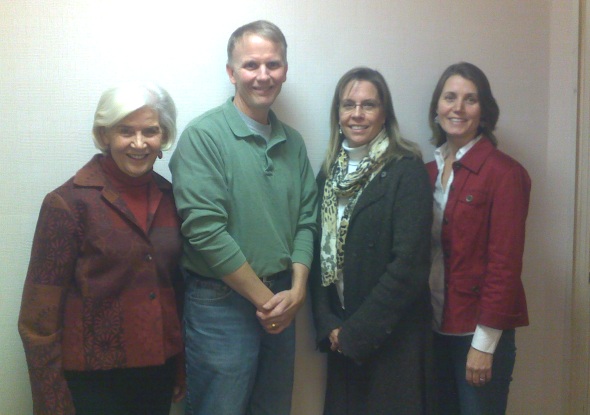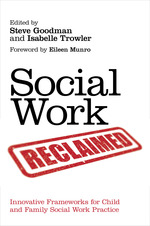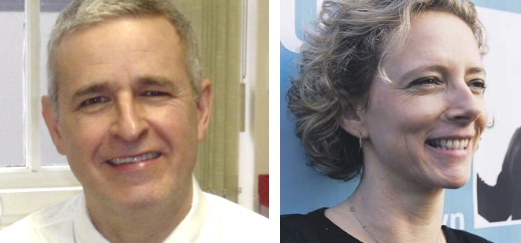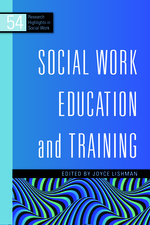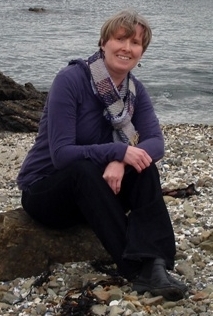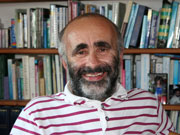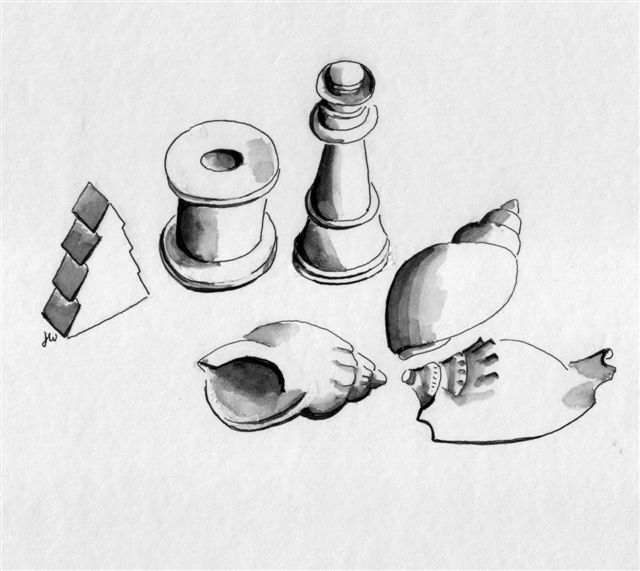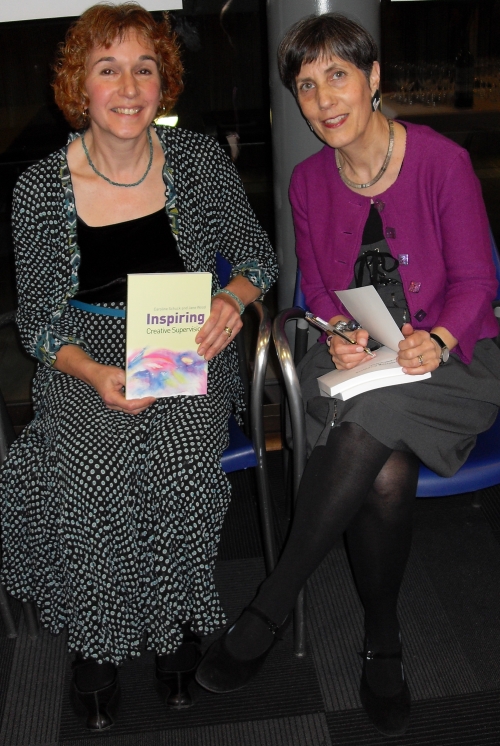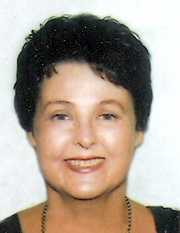Helping adopted children develop secure attachment using Family Attachment Narrative Therapy (FANT) – An Interview with Denise Lacher
“Our journey [into Family Attachment Narrative Therapy (FANT)] really started when an adoptive parent commented, “I wish I could rewind the tape on this kid and start his life all over again.” That statement led to a story about what it could have been like and should have been like for that child – re-doing the narrative of his life.”
